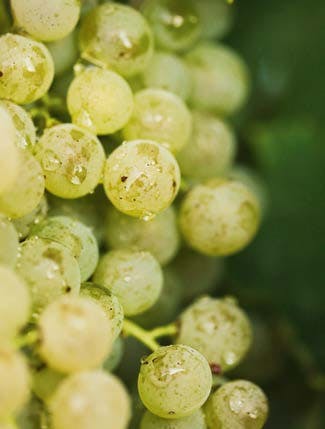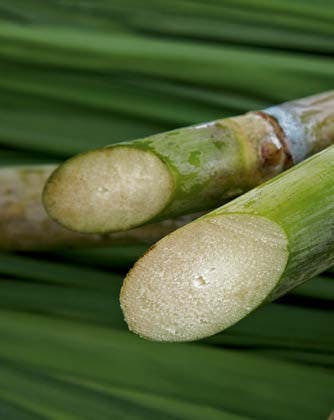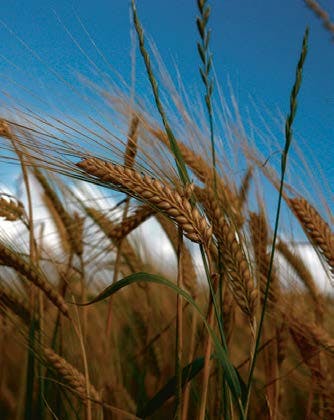
Vine adaptation
Scientists are studying vines to identify varieties that are more tolerant to prolonged drought and fungal diseases such as mildew and powdery mildew, which could become more prevalent as temperatures rise. Several large-scale studies are already under way at the Rémy Martin Estates in Cognac and others will be launched before the end of 2022:
- Monbadon tolerance: an 80-are plot was planted with Monbadon vines (an old variety) in 2018. The study will monitor grape harvests and distillation of the wines obtained over a ten-year period. Results so far have been encouraging: good yield and later maturity, giving wines that distill into high-quality eaux-de-vie.
- Vines that are resistant to mildew and powdery mildew: the test phase of this study, undertaken in association with the research site managed by the BNIC (national Cognac industry body) and the INRAE (France’s national research institute for agriculture, food and environment), likewise began in 2018 and will run until 2028. The vines demonstrated good resistance to both mildew and powdery mildew in 2021/2022, requiring 80-90% less treatments.

Orange tree adaptation
Cointreau is keen to do what it can to help protect sweet and bitter orange trees. It thus supports the INRAE’s research programme into genetic diversity in both varieties.
In Corsica, the House entered into a partnership with the San-Giuliano research platform two years ago and helps maintain a 13-hectare orchard of 1,200 citrus fruit varieties. The platform’s teams study the fruit trees’ properties so as to improve production.

Sugarcane adaptation
Mount Gay has set up a sugarcane nursery to test and develop different varieties. It currently has 12 varieties under evaluation to assess their performance, yield and the organoleptic qualities of their juice. Over time, the idea is to develop a ready source of seedlings that are naturally resistant to the pests and diseases to which sugarcane is typically prone. The nursery will also preserve old varieties of sugarcane that are no longer found on Barbados.

Barley adaptation
Westland has strengthened its partnership with Washington State University, where it funds a PhD student’s research into developing more resistant varieties of barley. The first large-scale test plots were seeded in 2021 and are all certified organic.
The region’s grain crop suffered from the record-high temperatures in June 2021, but the results with the new seedlings Westland is testing have been very promising.
In partnership with the Clermont Ferrand INRAE, the Domaine des Hautes Glaces is experimenting with a number of old barley varieties. Studies on seeds from the Queyras region (Vallée des Hautes Alpes) aim to produce varieties that are more tolerant of high temperatures and drought, making them more climate-proof.
